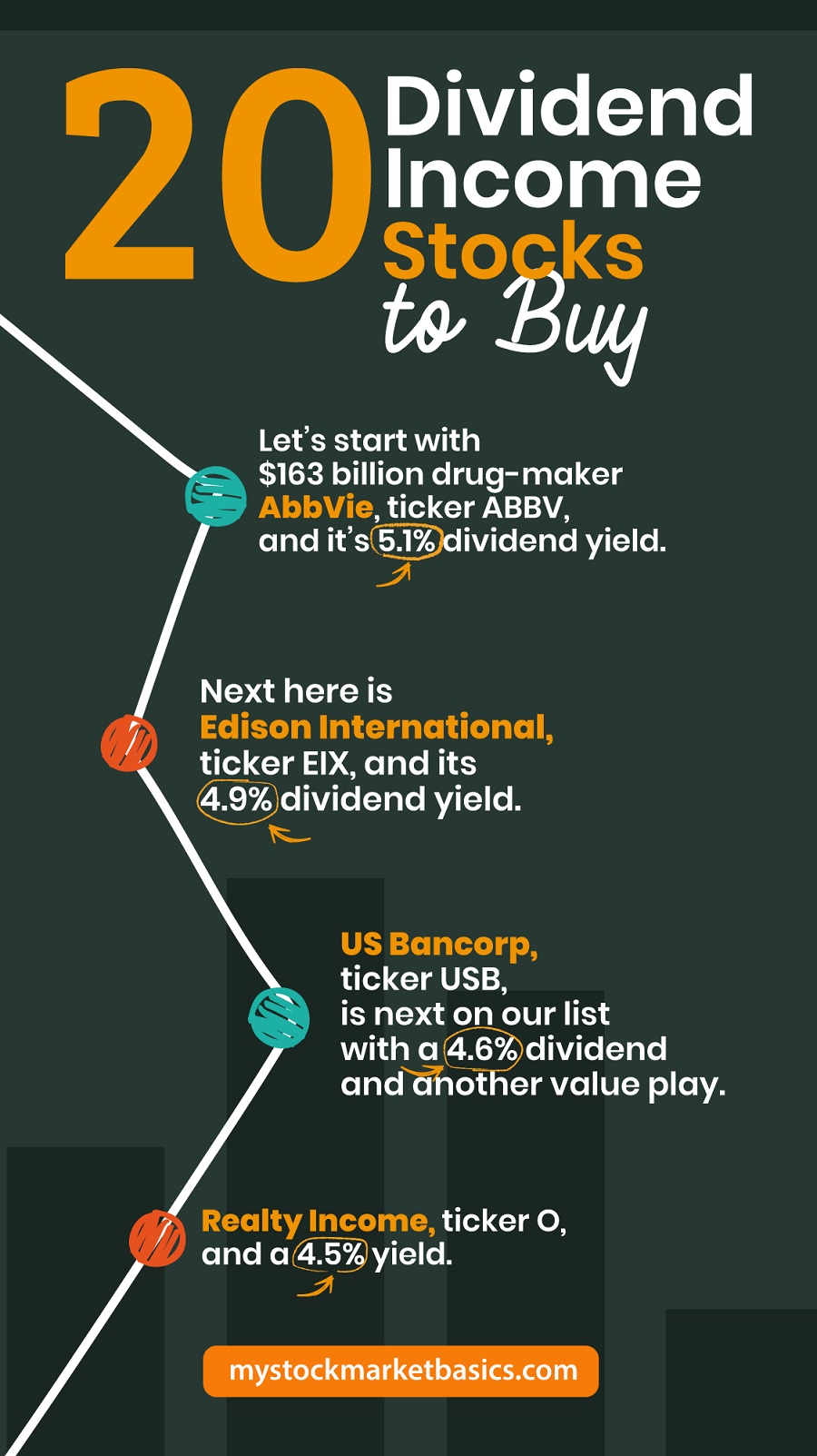
You can invest in an asset to be sold later for a higher amount. This is called going long. This process yields a profit, subject to transaction costs and other expenses. Other income sources may also be available for some assets. These could be more attractive for some investors than for others. Read the following articles to find out which strategies are right for you. Additionally, we will be discussing the options and futures markets, as well as how they compare against going long.
Shorting
Shorting an asset refers to a type or investing in which you borrow shares of someone else to sell on the open marketplace. After the stock's price drops, you can buy back the shares and return them to your broker. Margin trading accounts that allow borrowing are required. Your account must also have sufficient funds to cover the loan. You will be responsible to repay dividends and interest on shares you have borrowed. To short-sell, however, you can borrow only a limited amount of shares.

Hedging
If you want to hedge your position when you go long, it is necessary to lock in your purchase cost. It assumes that the futures and cash markets will move at equal speeds. This is called the basis. Historical trends tend to follow this difference. Although hedging is advantageous, it will not allow you to take advantage of any potential upside gains. Here are some of the benefits of hedging while going long. To learn more, continue reading! You should also remember that the basis can only be used to calculate how much your hedge costs.
Futures
If you've ever been fascinated by the concept of futures, you've probably wondered what they are and how you can trade them. Futures are derivatives. They derive their value by the underlying security, index, or asset. Futures trade in a different way than the stock market. Some investors prefer to trade futures over stocks. Futures trade almost 24 hours per day and at a different time to stock market.
Optional
Knowing the risks of investing in stocks is essential. Being long in a stock can be risky as it may tie up a lot capital and prevent you from making a profit. Instead, make sure you are looking at long-term options. The following is an explanation of long calls and puts. By learning more about options for going long, you can increase your odds of making a profit. Here are some benefits of these financial instruments.
Stocks
You can make money investing in stock markets by going long. Stocks that are in an uptrend are often the best to buy. The general market condition is the most important factor in determining the direction of a stock. Stocks that are in an upward trend will be more likely move higher. Stocks that are in the retail sector, for example, could be in favor again in 2022. Another example would be a stock that's been down but could be on its way to the top.

Cryptocurrencies
Trading cryptocurrencies requires you to use both technical and fundamental analysis in order to make the right decision. For the most current trends, it is important to be active on social networks and keep up with news. You can find patterns in charts by looking for breakouts above resistance levels. These patterns will indicate if the trend is expected to continue upward. You can also buy a short-term position during times when the market is expected to decline, such the bear markets.
FAQ
What is the role and function of the Securities and Exchange Commission
Securities exchanges, broker-dealers and investment companies are all regulated by the SEC. It enforces federal securities laws.
What is a bond?
A bond agreement between two parties where money changes hands for goods and services. It is also known as a contract.
A bond is typically written on paper and signed between the parties. This document includes details like the date, amount due, interest rate, and so on.
The bond is used when risks are involved, such as if a business fails or someone breaks a promise.
Bonds can often be combined with other loans such as mortgages. This means that the borrower will need to repay the loan along with any interest.
Bonds can also raise money to finance large projects like the building of bridges and roads or hospitals.
A bond becomes due upon maturity. This means that the bond owner gets the principal amount plus any interest.
Lenders lose their money if a bond is not paid back.
How can people lose money in the stock market?
The stock market is not a place where you make money by buying low and selling high. It's a place where you lose money by buying high and selling low.
Stock market is a place for those who are willing and able to take risks. They are willing to sell stocks when they believe they are too expensive and buy stocks at a price they don't think is fair.
They want to profit from the market's ups and downs. They might lose everything if they don’t pay attention.
What are some of the benefits of investing with a mutual-fund?
-
Low cost - purchasing shares directly from the company is expensive. It's cheaper to purchase shares through a mutual trust.
-
Diversification - most mutual funds contain a variety of different securities. One security's value will decrease and others will go up.
-
Management by professionals - professional managers ensure that the fund is only investing in securities that meet its objectives.
-
Liquidity- Mutual funds give you instant access to cash. You can withdraw your money at any time.
-
Tax efficiency – mutual funds are tax efficient. So, your capital gains and losses are not a concern until you sell the shares.
-
There are no transaction fees - there are no commissions for selling or buying shares.
-
Easy to use - mutual funds are easy to invest in. All you need is money and a bank card.
-
Flexibility – You can make changes to your holdings whenever you like without paying any additional fees.
-
Access to information – You can access the fund's activities and monitor its performance.
-
You can ask questions of the fund manager and receive investment advice.
-
Security - you know exactly what kind of security you are holding.
-
Control - you can control the way the fund makes its investment decisions.
-
Portfolio tracking: You can track your portfolio's performance over time.
-
Easy withdrawal: You can easily withdraw funds.
There are disadvantages to investing through mutual funds
-
Limited investment options - Not all possible investment opportunities are available in a mutual fund.
-
High expense ratio - the expenses associated with owning a share of a mutual fund include brokerage charges, administrative fees, and operating expenses. These expenses will reduce your returns.
-
Lack of liquidity: Many mutual funds won't take deposits. These mutual funds must be purchased using cash. This limits the amount of money you can invest.
-
Poor customer service - There is no single point where customers can complain about mutual funds. Instead, you should deal with brokers and administrators, as well as the salespeople.
-
Rigorous - Insolvency of the fund could mean you lose everything
What's the difference between the stock market and the securities market?
The securities market is the whole group of companies that are listed on any exchange for trading shares. This includes stocks, options, futures, and other financial instruments. Stock markets can be divided into two groups: primary or secondary. The NYSE (New York Stock Exchange), and NASDAQ (National Association of Securities Dealers Automated Quotations) are examples of large stock markets. Secondary stock exchanges are smaller ones where investors can trade privately. These include OTC Bulletin Board Over-the-Counter, Pink Sheets, Nasdaq SmalCap Market.
Stock markets are important because they provide a place where people can buy and sell shares of businesses. Their value is determined by the price at which shares can be traded. The company will issue new shares to the general population when it goes public. Dividends are received by investors who purchase newly issued shares. Dividends refer to payments made by corporations for shareholders.
Stock markets are not only a place to buy and sell, but also serve as a tool of corporate governance. Boards of directors are elected by shareholders to oversee management. The boards ensure that managers are following ethical business practices. If a board fails in this function, the government might step in to replace the board.
How do I invest on the stock market
Brokers can help you sell or buy securities. Brokers can buy or sell securities on your behalf. When you trade securities, brokerage commissions are paid.
Banks are more likely to charge brokers higher fees than brokers. Banks often offer better rates because they don't make their money selling securities.
If you want to invest in stocks, you must open an account with a bank or broker.
Brokers will let you know how much it costs for you to sell or buy securities. This fee will be calculated based on the transaction size.
Ask your broker questions about:
-
Minimum amount required to open a trading account
-
What additional fees might apply if your position is closed before expiration?
-
What happens to you if more than $5,000 is lost in one day
-
How long can you hold positions while not paying taxes?
-
What you can borrow from your portfolio
-
How you can transfer funds from one account to another
-
how long it takes to settle transactions
-
How to sell or purchase securities the most effectively
-
How to Avoid Fraud
-
How to get help for those who need it
-
If you are able to stop trading at any moment
-
How to report trades to government
-
Whether you are required to file reports with SEC
-
Do you have to keep records about your transactions?
-
How do you register with the SEC?
-
What is registration?
-
How does this affect me?
-
Who is required to register?
-
When do I need to register?
Statistics
- Even if you find talent for trading stocks, allocating more than 10% of your portfolio to an individual stock can expose your savings to too much volatility. (nerdwallet.com)
- Our focus on Main Street investors reflects the fact that American households own $38 trillion worth of equities, more than 59 percent of the U.S. equity market either directly or indirectly through mutual funds, retirement accounts, and other investments. (sec.gov)
- "If all of your money's in one stock, you could potentially lose 50% of it overnight," Moore says. (nerdwallet.com)
- For instance, an individual or entity that owns 100,000 shares of a company with one million outstanding shares would have a 10% ownership stake. (investopedia.com)
External Links
How To
How do I invest in bonds
You need to buy an investment fund called a bond. They pay you back at regular intervals, despite the low interest rates. These interest rates can be repaid at regular intervals, which means you will make more money.
There are many ways to invest in bonds.
-
Directly buying individual bonds
-
Buying shares of a bond fund.
-
Investing through a broker or bank
-
Investing via a financial institution
-
Investing through a Pension Plan
-
Invest directly through a stockbroker.
-
Investing with a mutual funds
-
Investing with a unit trust
-
Investing with a life insurance policy
-
Investing with a private equity firm
-
Investing in an index-linked investment fund
-
Investing in a hedge-fund.